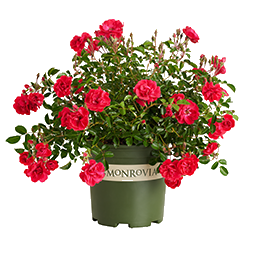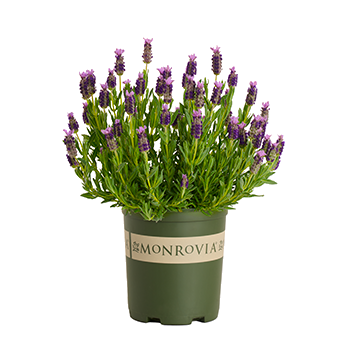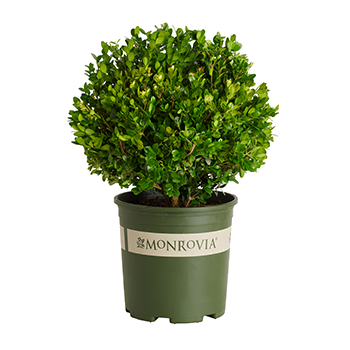You're growing in this Zip Code:
Change LocationDiscover Plants for Your Area
Vancouver™ Starry Nights Clematis
Clematis 'Starry Nights'
Retailers Near You
| Description | This stunning, compact clematis captivates with majestic 8-inch blooms! Brilliant purple-blue flowers with red highlights shimmer as if dusted with gold as they age and fade. Bloom color intensity and hues vary with environmental influences. Perfect for small garden spaces in a large container or climbing an arbor or wall. Deciduous. Pruning Group: 2 |
|---|---|
| Bloom Time | Early spring to summer, repeating in fall. |
| Deciduous/Evergreen | Deciduous |
| Special Features | Easy Care, Fast Growing, Compact Form |
| Problems/Solutions | Black Walnut Tolerant |
| Growth Rate | Fast |
| Growth Habit | Climbing |
| Flower Attributes | Flowers for Cutting, Repeat Flowering, Showy Flowers |
| Landscape Use | Border, Container, Espalier, Ground Cover |
| Flower Color | Purple |
| Foliage Color | Green |
| Companion Plants | Japanese Maple (Acer); Climbing Rose (Rosa); Daylily (Hemerocallis); Hydrangea (Hydrangea); Butterfly Bush (Buddleja) |
| Care Instructions | Thrives in well-drained, lightly alkaline soil, with roots sheltered and top growth in the sun. Mulch to conserve moisture. Water deeply, regularly in first growing season to establish root system; reduce frequency once established. Feed regularly beginning in spring. Prune spent flowers to promote repeat bloom. Provide trellis or arbor support. Pruning Group: 2 |
| Description | This stunning, compact clematis captivates with majestic 8-inch blooms! Brilliant purple-blue flowers with red highlights shimmer as if dusted with gold as they age and fade. Bloom color intensity and hues vary with environmental influences. Perfect for small garden spaces in a large container or climbing an arbor or wall. Deciduous. Pruning Group: 2 |
|---|---|
| Bloom Time | Early spring to summer, repeating in fall. |
| Deciduous/Evergreen | Deciduous |
| Special Features | Easy Care, Fast Growing, Compact Form |
| Problems/Solutions | Black Walnut Tolerant |
| Growth Rate | Fast |
| Growth Habit | Climbing |
| Flower Attributes | Flowers for Cutting, Repeat Flowering, Showy Flowers |
| Landscape Use | Border, Container, Espalier, Ground Cover |
|---|---|
| Flower Color | Purple |
| Foliage Color | Green |
| Companion Plants | Japanese Maple (Acer); Climbing Rose (Rosa); Daylily (Hemerocallis); Hydrangea (Hydrangea); Butterfly Bush (Buddleja) |
| Care Instructions | Thrives in well-drained, lightly alkaline soil, with roots sheltered and top growth in the sun. Mulch to conserve moisture. Water deeply, regularly in first growing season to establish root system; reduce frequency once established. Feed regularly beginning in spring. Prune spent flowers to promote repeat bloom. Provide trellis or arbor support. Pruning Group: 2 |
|---|
Retailers Near You
About Us
We have been pioneers and craftsmen in the art of growing plants for 100 years. Since our founding in Southern California by Harry E. Rosedale, Sr. in 1926, we have been absolutely dedicated and obsessed with quality.
We have been pioneers and craftsmen in the art of growing plants for nearly 100 years. Since our founding in Southern California by Harry E. Rosedale, Sr. in 1926, we have been absolutely dedicated and obsessed with quality.









